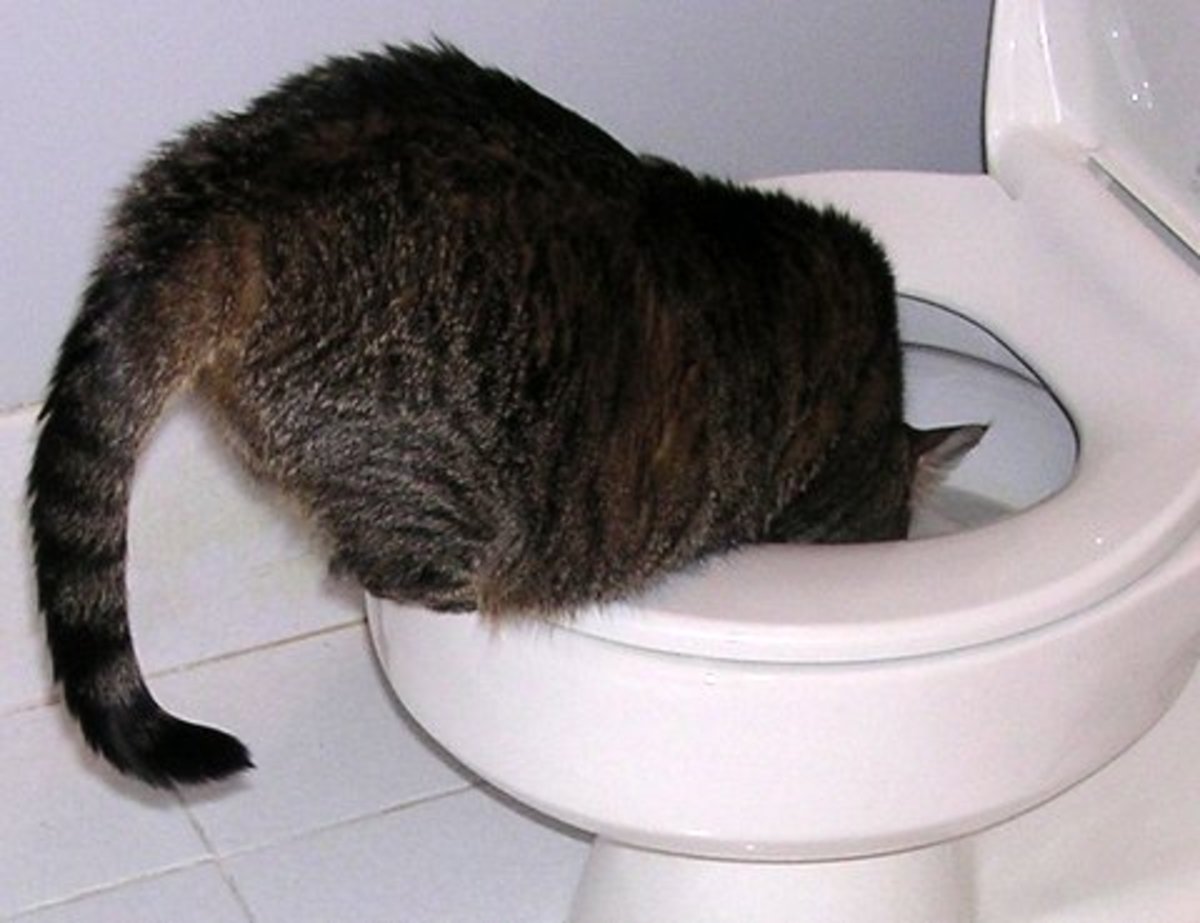The Risks of Disposing Cat Poop in Your Toilet - Preventive Measures
The Risks of Disposing Cat Poop in Your Toilet - Preventive Measures
Blog Article
We have noticed this great article pertaining to How to Dispose of Cat Poop and Litter Without Plastic Bags below on the web and felt it made perfect sense to share it with you in this article.

Intro
As cat proprietors, it's vital to be mindful of how we dispose of our feline close friends' waste. While it might seem hassle-free to flush pet cat poop down the bathroom, this method can have detrimental effects for both the atmosphere and human wellness.
Alternatives to Flushing
Luckily, there are safer and extra responsible methods to deal with pet cat poop. Think about the complying with choices:
1. Scoop and Dispose in Trash
The most usual technique of disposing of feline poop is to scoop it right into a naturally degradable bag and toss it in the trash. Make certain to use a specialized clutter inside story and deal with the waste without delay.
2. Use Biodegradable Litter
Select eco-friendly cat trash made from products such as corn or wheat. These trashes are environmentally friendly and can be safely disposed of in the trash.
3. Bury in the Yard
If you have a lawn, consider burying feline waste in a marked area away from veggie yards and water resources. Be sure to dig deep sufficient to prevent contamination of groundwater.
4. Set Up a Pet Waste Disposal System
Purchase a pet dog waste disposal system particularly created for pet cat waste. These systems use enzymes to break down the waste, decreasing odor and ecological influence.
Wellness Risks
Along with ecological concerns, flushing feline waste can likewise present wellness threats to humans. Cat feces may include Toxoplasma gondii, a bloodsucker that can create toxoplasmosis-- a potentially severe illness, particularly for expecting ladies and individuals with weakened immune systems.
Environmental Impact
Flushing feline poop introduces unsafe virus and bloodsuckers right into the water, posing a significant risk to aquatic ecosystems. These contaminants can negatively impact aquatic life and concession water top quality.
Conclusion
Liable animal ownership extends beyond offering food and shelter-- it likewise entails correct waste monitoring. By refraining from flushing feline poop down the bathroom and going with alternative disposal methods, we can minimize our ecological impact and protect human health.
Why Can’t I Flush Cat Poop?
It Spreads a Parasite
Cats are frequently infected with a parasite called toxoplasma gondii. The parasite causes an infection called toxoplasmosis. It is usually harmless to cats. The parasite only uses cat poop as a host for its eggs. Otherwise, the cat’s immune system usually keeps the infection at low enough levels to maintain its own health. But it does not stop the develop of eggs. These eggs are tiny and surprisingly tough. They may survive for a year before they begin to grow. But that’s the problem.
Our wastewater system is not designed to deal with toxoplasmosis eggs. Instead, most eggs will flush from your toilet into sewers and wastewater management plants. After the sewage is treated for many other harmful things in it, it is typically released into local rivers, lakes, or oceans. Here, the toxoplasmosis eggs can find new hosts, including starfish, crabs, otters, and many other wildlife. For many, this is a significant risk to their health. Toxoplasmosis can also end up infecting water sources that are important for agriculture, which means our deer, pigs, and sheep can get infected too.
Is There Risk to Humans?
There can be a risk to human life from flushing cat poop down the toilet. If you do so, the parasites from your cat’s poop can end up in shellfish, game animals, or livestock. If this meat is then served raw or undercooked, the people who eat it can get sick.
In fact, according to the CDC, 40 million people in the United States are infected with toxoplasma gondii. They get it from exposure to infected seafood, or from some kind of cat poop contamination, like drinking from a stream that is contaminated or touching anything that has come into contact with cat poop. That includes just cleaning a cat litter box.
Most people who get infected with these parasites will not develop any symptoms. However, for pregnant women or for those with compromised immune systems, the parasite can cause severe health problems.
How to Handle Cat Poop
The best way to handle cat poop is actually to clean the box more often. The eggs that the parasite sheds will not become active until one to five days after the cat poops. That means that if you clean daily, you’re much less likely to come into direct contact with infectious eggs.
That said, always dispose of cat poop in the garbage and not down the toilet. Wash your hands before and after you clean the litter box, and bring the bag of poop right outside to your garbage bins.
https://trenchlesssolutionsusa.com/why-cant-i-flush-cat-poop/

As a passionate person who reads on Can You Flush Cat Poop Down The Toilet?, I figured sharing that editorial was really helpful. Loved our posting? Please share it. Let someone else discover it. I appreciate reading our article about Don’t flush cat feces down the toilet.
Call Today Report this page